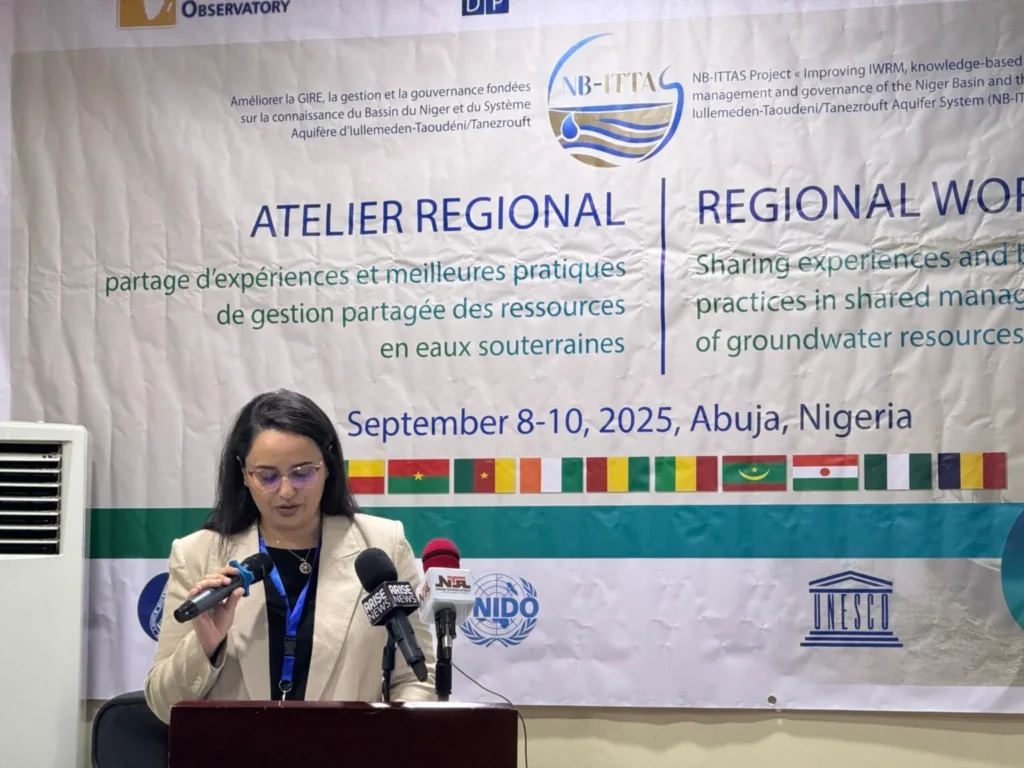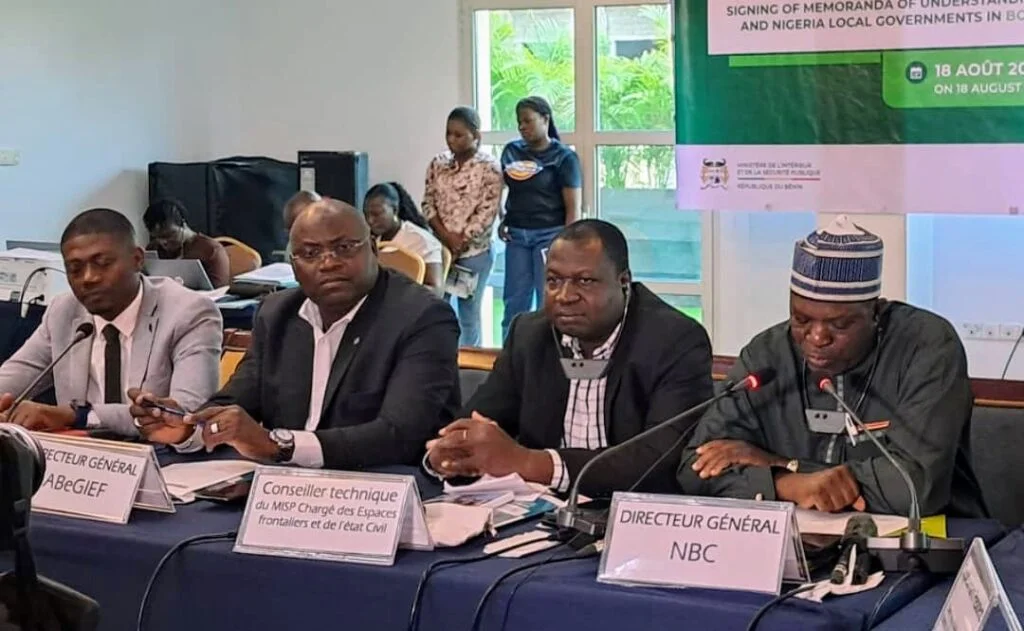The Nigeria Hydrological Services Agency (NiHSA) says member countries of the Niger Basin Authority (NBA) will benefit from its collaboration with the Sahara and Sahel Observatory (OSS) on the International Transboundary Aquifer System (ITAS) project.
Speaking at a regional workshop in Abuja on best practices for groundwater management, NiHSA Director-General, Mr Umar Mohammed, said the project was already helping to restore groundwater in the Sokoto Rima Basin, northwest Nigeria, and lessons learned could be replicated across the nine NBA countries.
Mohammed said groundwater levels in the Sokoto Basin had dropped sharply after the deflection of a river, forcing many farmers to abandon their land. He noted that collaboration with OSS had produced encouraging results. “We have gone about 80 to 90 per cent down the project, and we have started to see the groundwater being recharged. After the rainy season, we expect to record remarkable improvements,” he said.
On water transfer, he explained that feasibility studies were ongoing, with a pilot project already planned in Niger State to move water from surplus to stress areas. He added that NiHSA was working to reverse the Sokoto River back to its natural course to sustain recharge.
Mohammed said the agency expected farmers to return to their farmlands during the dry season as recharge gains became visible.
OSS water expert, Ms Soumaya Mouhli, said the ITAS study revealed strong interactions between the Niger River and underground aquifers. She said modelling showed the river feeds aquifers with about 35 million cubic metres of water yearly, while the aquifers return about 650 million cubic metres to rivers, underscoring their interdependence.
Mouhli said the study also mapped pollution risks and identified options for water transfer to remote communities, while proposing certification tools for quick response to threats.
Prof. Murtala Abubakar, a member of the project’s Inter-Ministerial and Scientific Committee, said the ITAS initiative was vital to protecting fragile, climate-vulnerable basins like Sokoto. He noted that most inhabitants of the region depended on groundwater for irrigation. “Improving recharge will restore farmlands, boost agricultural productivity and improve livelihoods,” he said.
He disclosed that the project had utilised an initial budget of 200,000 dollars, with discussions ongoing for a second tranche.
The ITAS project, funded by the Global Environment Facility (GEF) and implemented by OSS, is designed to strengthen groundwater management across NBA states, improve food security and build climate resilience.
(NAN)







